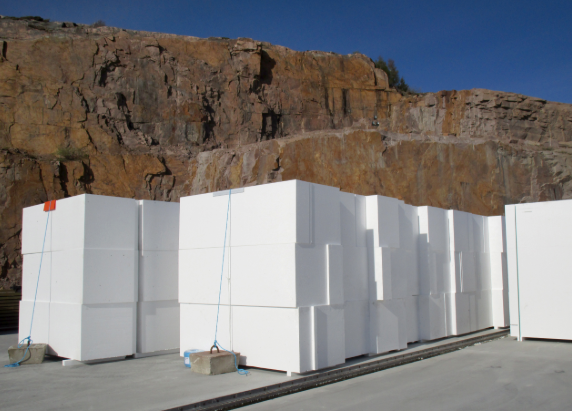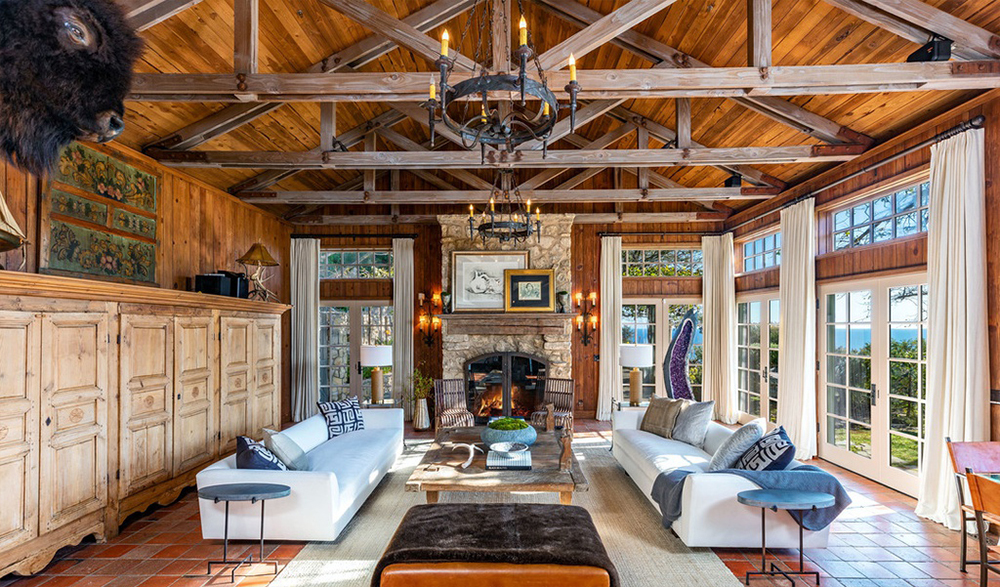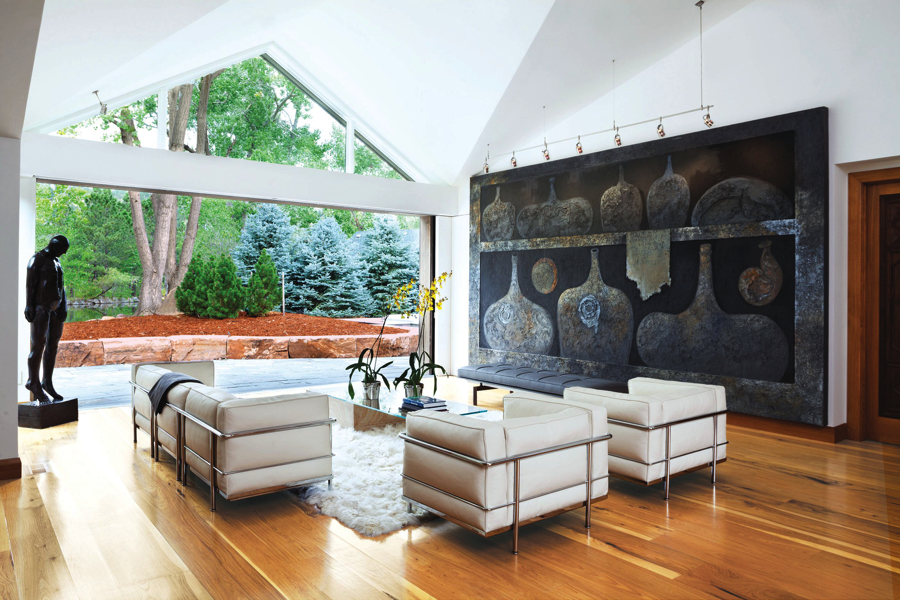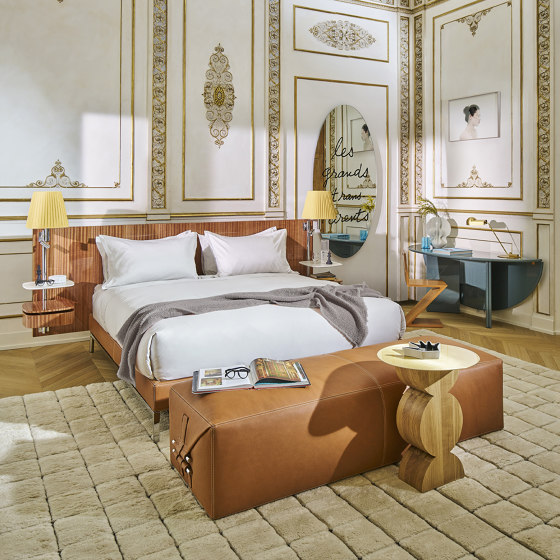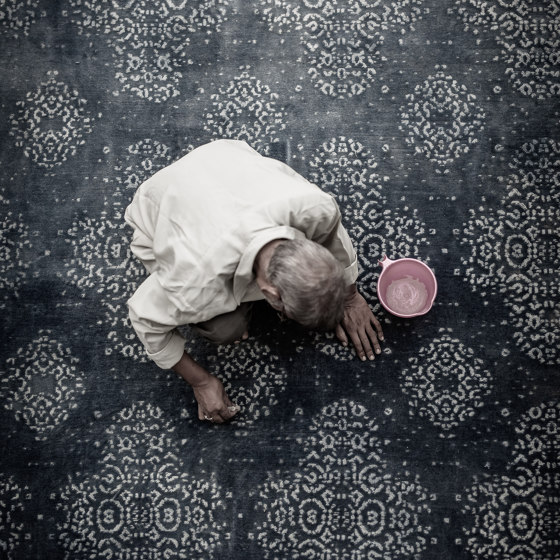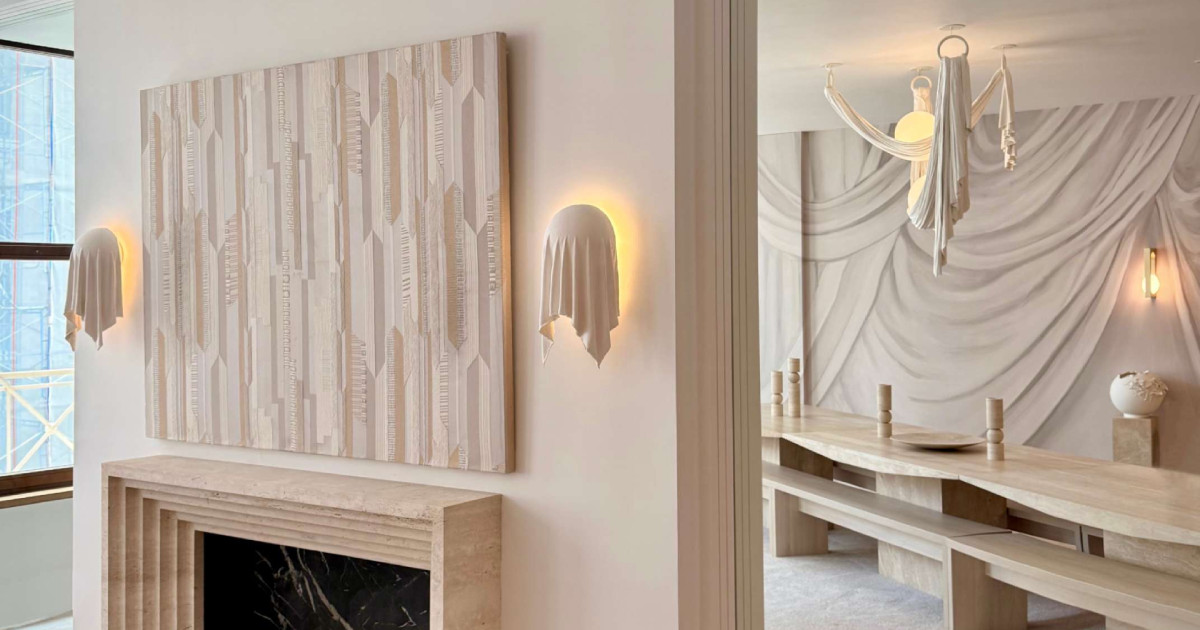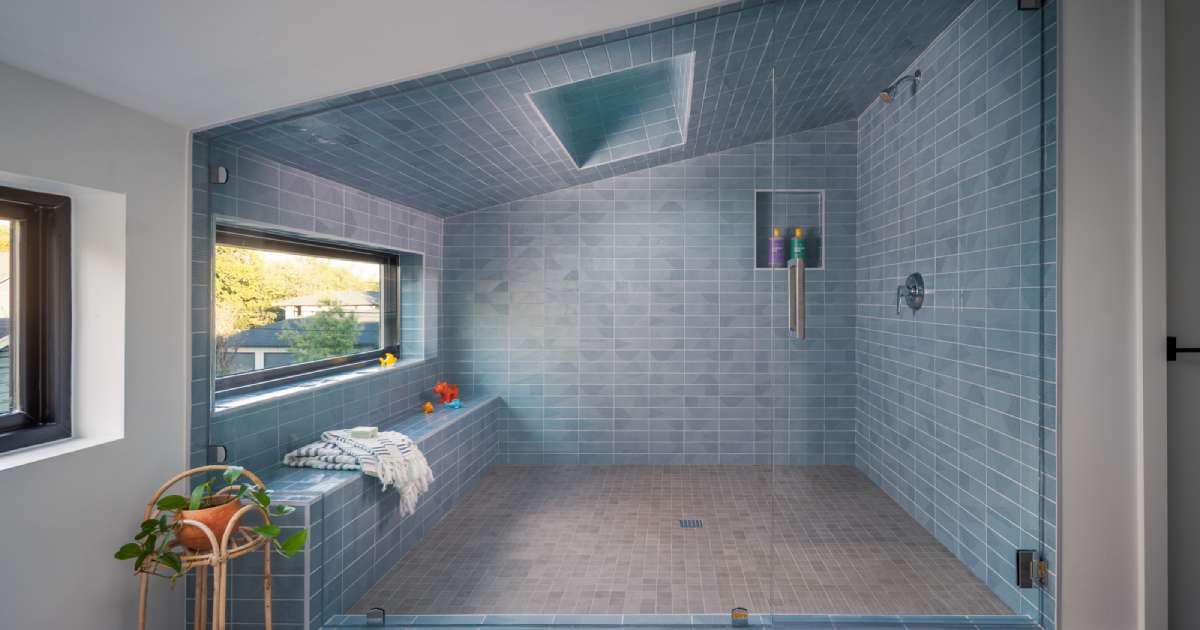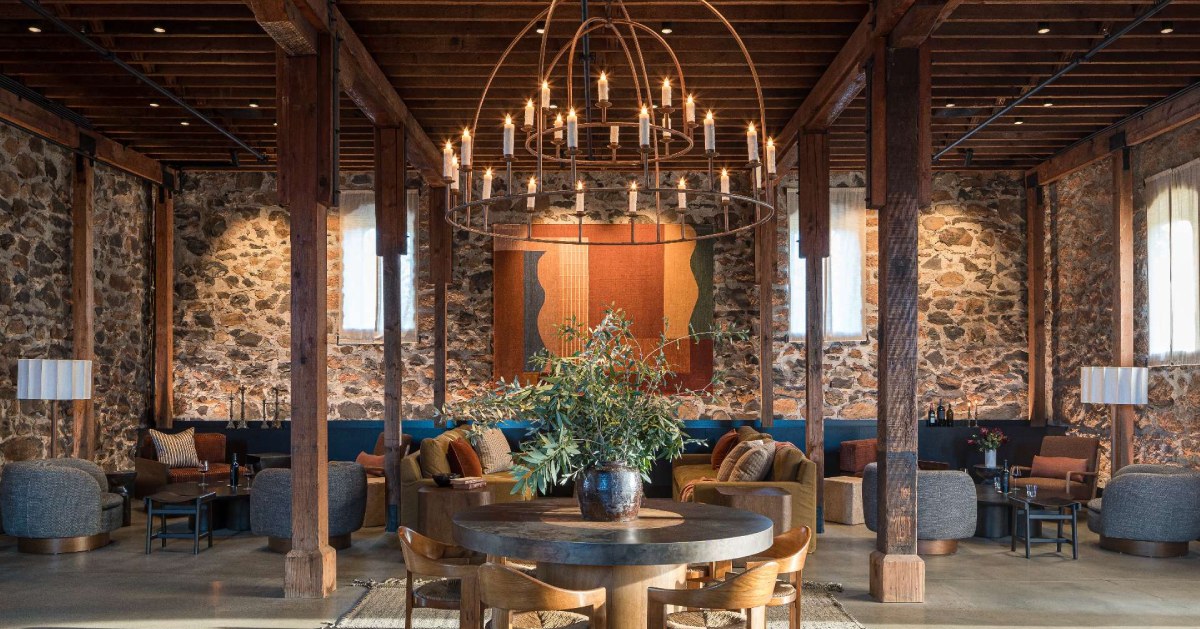Fabric and upholstery leaders outline strategies for tariffs, new administration
With potential tariff increases the industry might expect in 2025 top of mind for many in the home furnishings industry, several Interwoven vendors expressed cautious optimism, measured concern and in-progress solutions.

HIGH POINT — With the fall edition of Interwoven soon after October High Point Market and after an intense presidential election, optimism seemed to be the vibe as fabric and upholstery manufacturers unveiled their latest designs.
With potential tariff increases the industry might expect in 2025 top of mind for many in the home furnishings industry, several Interwoven vendors expressed cautious optimism, measured concern and in-progress solutions.
“Our company has had several conversations with our top customers and suppliers on potential impacts that could arise if in fact the additional tariffs are imposed,” said Lance Keziah, CEO for Crypton. “We are addressing these concerns with risk management and supply chain diversification.
“If we source product oversees, we must have two-tiered manufacturing to ensure that we can manage production to avoid increased tariffs or supply chain disruptions,” he continued. “In addition, we will leverage our production facilities in the U.S. to drive more production to North Carolina.”
Crypton has developed a supply chain outside of China to protect the company and its customers.
“Our weaving mill in North Carolina (Crypton Mills) is in a strong position to provide value-priced Crypton textures, small-scale jacquard patterns as well as decorative jacquards,” said Keziah. “We have invested heavily over the past five years in our team, technology and yarn systems to really differentiate our company from others.”
Planning for possibilities
Sunbrella’s Executive Design Director Greg Voorhis and Glen Raven’s Kelsie Coletrane are taking a wait-and-see approach, but they are being proactive and ensuring they’re ready to be nimble and are keeping an eye on what is coming.
“Navigating various possibilities and making sure we are prepared for various possibilities and planning for those,” said Coletrane, addressing tariffs. “We will look into the best possible ways we can do business and how to ensure we are getting our Sunbrella fabrics into our partner’s hands.”

Regal Fabrics Director of Marketing Andy Kahan feels tariffs are liable to impact fabric and furniture, and he says it is Regal’s job to minimize the impacts on its customers as much as possible.
“Regal Fabrics has been actively working to diversify our supply chain for many years,” said Kahan. “Today, we offered fabrics made in the U.S., Mexico, India, China, Pakistan, Belgium, Indonesia and Turkey. We continue to focus on introducing … product, investigating in inventory to maintain large stock levels and providing great customer service.”
Kahan said tariffs will largely affect imports, such as fabrics and other components which are used by upholstery manufacturers in the U.S.
“Import prices will rise, leading to manufacturers charging more for their finished products,” he said. “In the end, the sofa will cost the consumer more due to the tariffs.”
The leadership at STI/Revolution said that tariffs might benefit some American companies.
“We do not rely on government assistance,” said Sean Gibbons, CEO. “This is because we have never received any. If the government wants to finally help U.S. textile manufacturers fight an unfair daily battle with China on below-market textiles, we would welcome the help. However, we will believe it when it actually happens.”
Strategies in place
Pegi Cladis, director of sales and creative for Threadology, said that tariffs will always have an impact on its business, but she noted that her team is ready to address the challenge.
“You just have to get ahead of schedule, so you’re prepared,” Cladis said. “You can’t negotiate the tariffs, but you can your costs; you learn to pivot.
“Being new at 18 months in the business, our strategy is to protect our partners and clients so we are not selling to everybody else,” she added. “Not selling directly to designers and protecting manufacturers to flow stock is one strategy.”

Nidhi Loyalka, owner and president of Zensilk, said the company also is being watchful and creating a strategy to meet its customers’ price points.
“Overall, I think it depends on the percentage increase of the tariffs and how the market will perceive it,” she said. “We just have to wait and watch.”
For Zensilk, the company plans to work around its quantities and meet the prices the market is demanding.
For Reidsville, N.C., textile company David Rothschild, there will be no major impacts for the company as it is a domestic producer, and President Walter Rothschild said he was all for tariffs.
“If North Carolina had their own (tariffs), I might worry, but they don’t,” he said. “There are not many North Carolina mills left, and I am proud to be one of them.”
See also: Interwoven fall preview: Upholstery fabrics highlighting nature, texture and value
What's Your Reaction?







